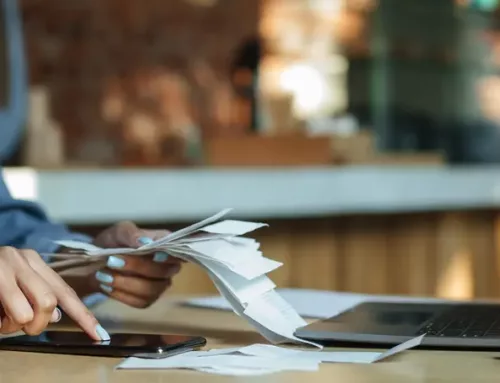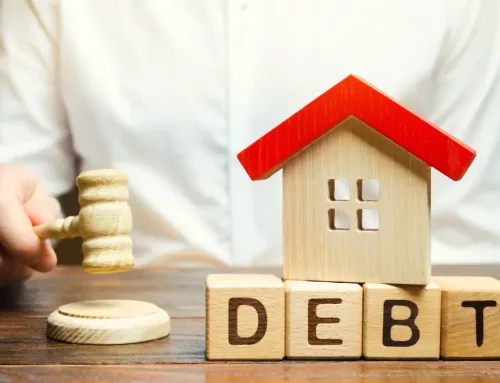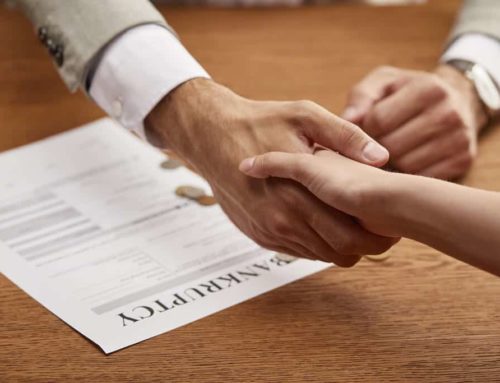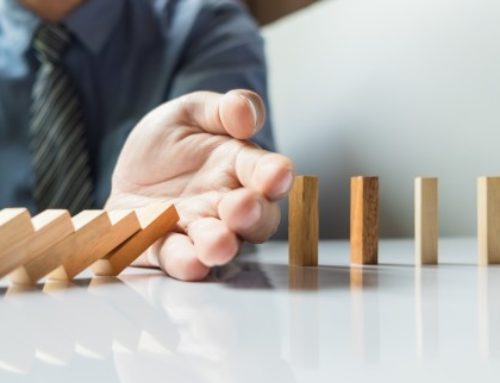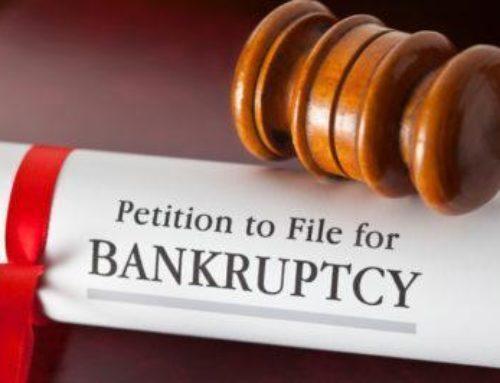Paying Off Your Student Loans.
Congratulations on finishing your degree! Time to start “adulting” and begin it by paying your bills. One of the first bills you need to settle is your student loans, but where do you start?
Know the basics about your student loan.
Make sure you know who your loan servicer is, how much you owe, where to send your payments, and when payments are due. Talk to your loan servicer so that you are aware of the details of your student loans. You may also ask your loan servicer about defaulting on your loans or the consequences of missed payments. Get answers to your questions before you fall behind, and join millions of borrowers who defaulted on their student loans.
Organize your loan documents.
File all documents you get in the mail in a paper file. For electronic documents, assign a dedicated folder for it on your computer. Remember to not just file them, read every letter and notice about your loans. If you see an important document, especially those you have signed, retain copies and keep them in a safe place.
Set a goal for yourself.
Know the exact date when you expect to pay off the loan and give yourself a target ahead of that to shoot for. Always keep in mind to prioritize paying off your student loans. The sooner you get out of debt, the better your life will be.
Do not miss your first payment.
Most student loans come with a six-month grace period, which means you do not have to start paying until six months after you leave school, regardless of whether you graduate, dropout or drop below half-time status. Some grace periods last up to nine months, it really depends on the type of loan. The grace period is supposed to give you time to find a job and begin earning money before you get burdened with the bills.
A shocking number of student loan borrowers default on their loans because they do not know when their grace periods end. Part of organizing is keeping up with due dates. Put payment due dates in your calendar and always remember that you are required to still pay on time even if you have not received any bill or notice from your lender. Setting up automatic payments to avoid late fees is also a good idea. Student loans never disappear. There’s no statute of limitations, and student loans are rarely discharged even in bankruptcy. With few exceptions, your student loans will follow you through life, until you pay them off.
What if you just can’t pay your student loans
Unfortunately, the inability to pay back student loans is not uncommon. If you speak with your loan servicer, they may have some options for you. You may be able to defer your payments for a while, giving you time to find a job or to earn more money. Loans can sometimes be restructured or consolidated to make them more affordable. However, if you just can’t pay your student loans, you should consult with a West Virginia bankruptcy attorney. While most of the time, student loan debt is not dischargeable in bankruptcy, there are circumstances where they are discharged, but you must prove extreme hardship to do it. Even if you cannot discharge the loans in bankruptcy, a WV bankruptcy attorney may still be able to help. You may find that having your other unsecured debt wiped out is enough to allow you to pay student loans. Sometimes, a chapter 13 bankruptcy can help by allowing you to catch up.
The one thing you should not do is nothing. Contact West Virginia bankruptcy attorney Thomas McIntire for help.

